Quantum physicists at Multiverse Computing, a Spanish firm specializing in quantum-inspired AI techniques, have successfully created a version of the powerful reasoning AI model DeepSeek R1 that strips out the censorship built into the original by its Chinese creators. The team developed DeepSeek R1 Slim, a model that is 55% smaller but performs almost as well as the original model. According to the researchers, they also claim to have eliminated official Chinese censorship from the model.
The original DeepSeek R1 model was designed and trained by Chinese AI companies, which are subject to rules and regulations meant to ensure that content output aligns with laws and socialist values. As a result, companies build in layers of censorship when training the AI systems. When asked questions that are deemed politically sensitive, the models often refuse to answer or provide talking points straight from state propaganda.
To create DeepSeek R1 Slim, the team at Multiverse turned to a mathematically complex approach borrowed from quantum physics that uses networks of high-dimensional grids to represent and manipulate large data sets. This approach, known as tensor networks, shrinks the size of the model significantly and allows a complex AI system to be expressed more efficiently. According to Dr. Maria Rodriguez, lead researcher on the project, "Tensor networks are a powerful tool for simplifying complex systems, and we were able to apply this concept to the DeepSeek R1 model to create a more compact and efficient version."
The implications of this breakthrough are significant, as it could potentially allow for the creation of more transparent and unbiased AI systems. "This is a major step forward in the development of AI," said Dr. John Taylor, a leading expert in AI ethics. "By removing the censorship built into the original model, we can create AI systems that are more honest and transparent in their responses."
The development of DeepSeek R1 Slim also raises questions about the role of censorship in AI development and the potential consequences of creating AI systems that are not transparent about their biases and limitations. As Dr. Rodriguez noted, "We need to be careful about how we design and train AI systems to ensure that they are transparent and accountable."
The team at Multiverse Computing is currently working on further refining and testing DeepSeek R1 Slim, with plans to make the model available to researchers and developers in the near future. As the field of AI continues to evolve, this breakthrough has the potential to have a significant impact on the development of more transparent and unbiased AI systems.











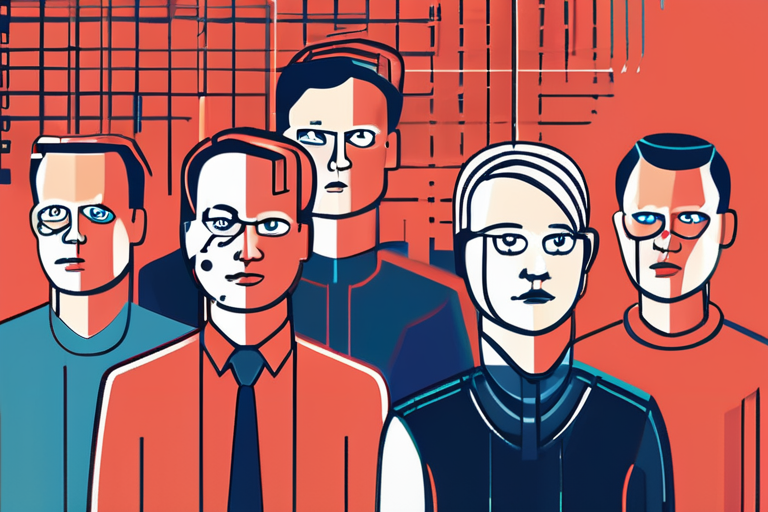
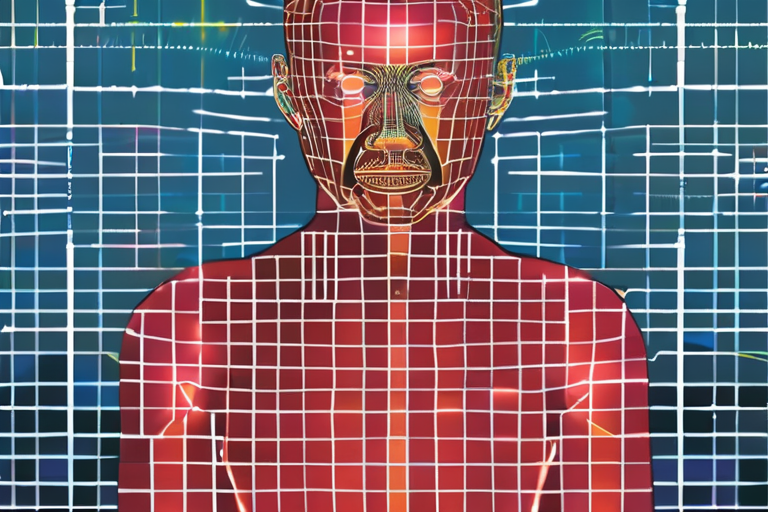
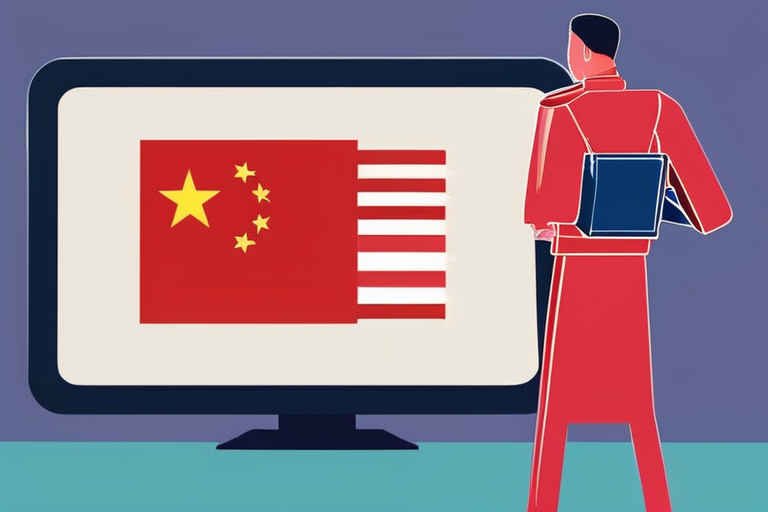


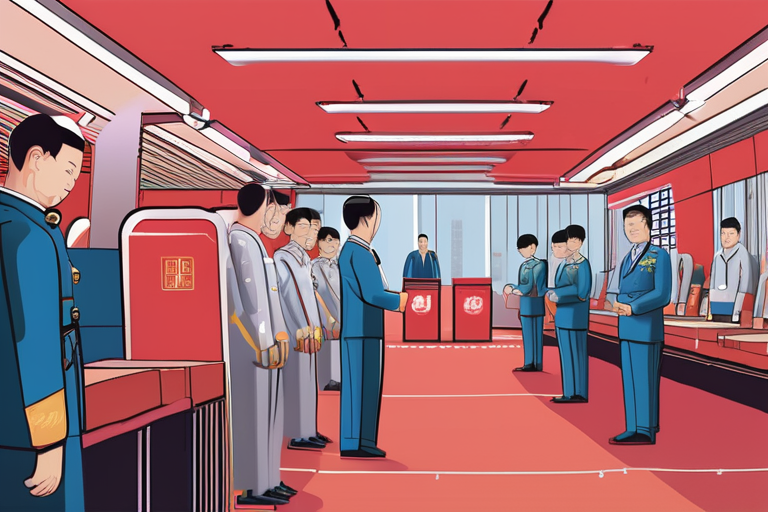



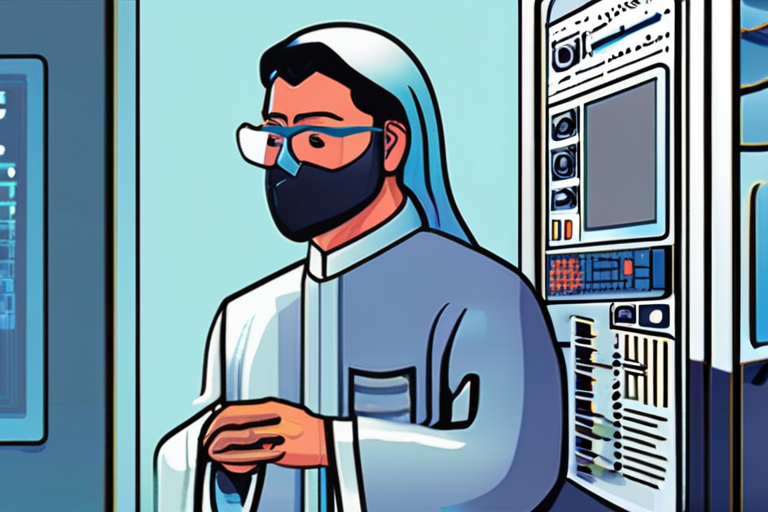






Share & Engage Share
Share this article